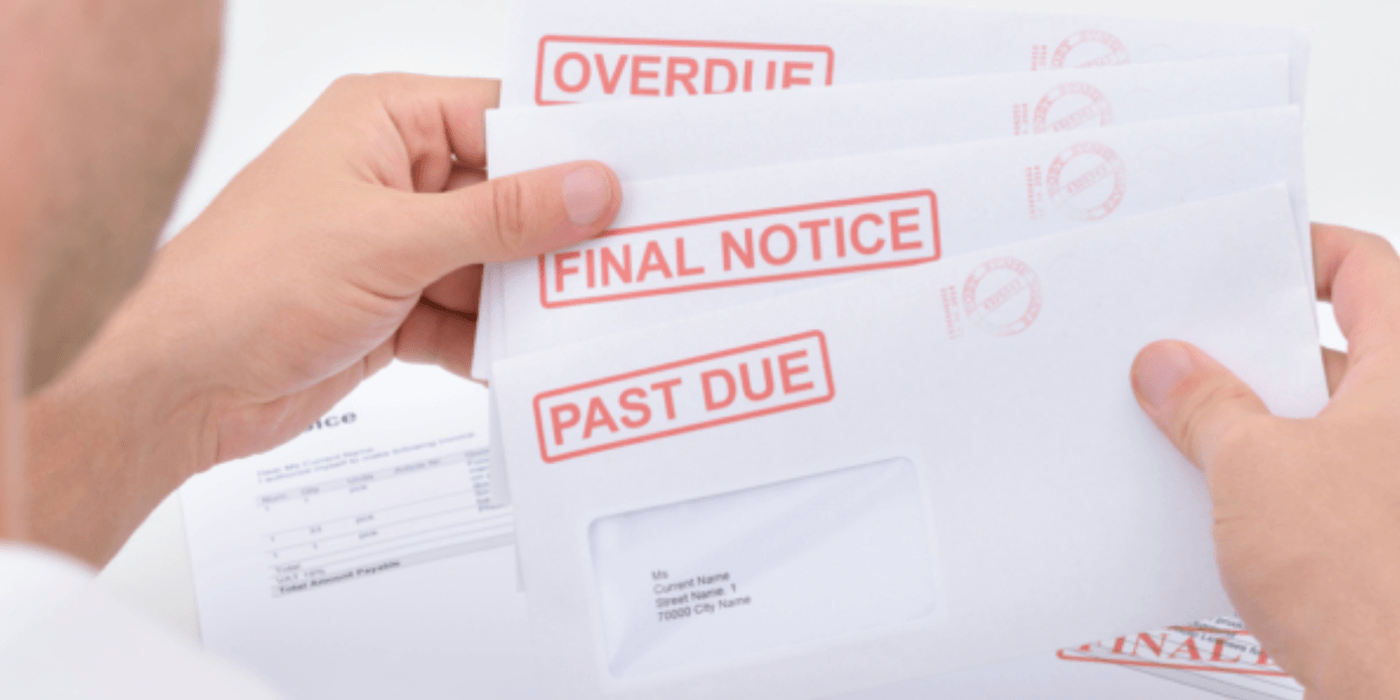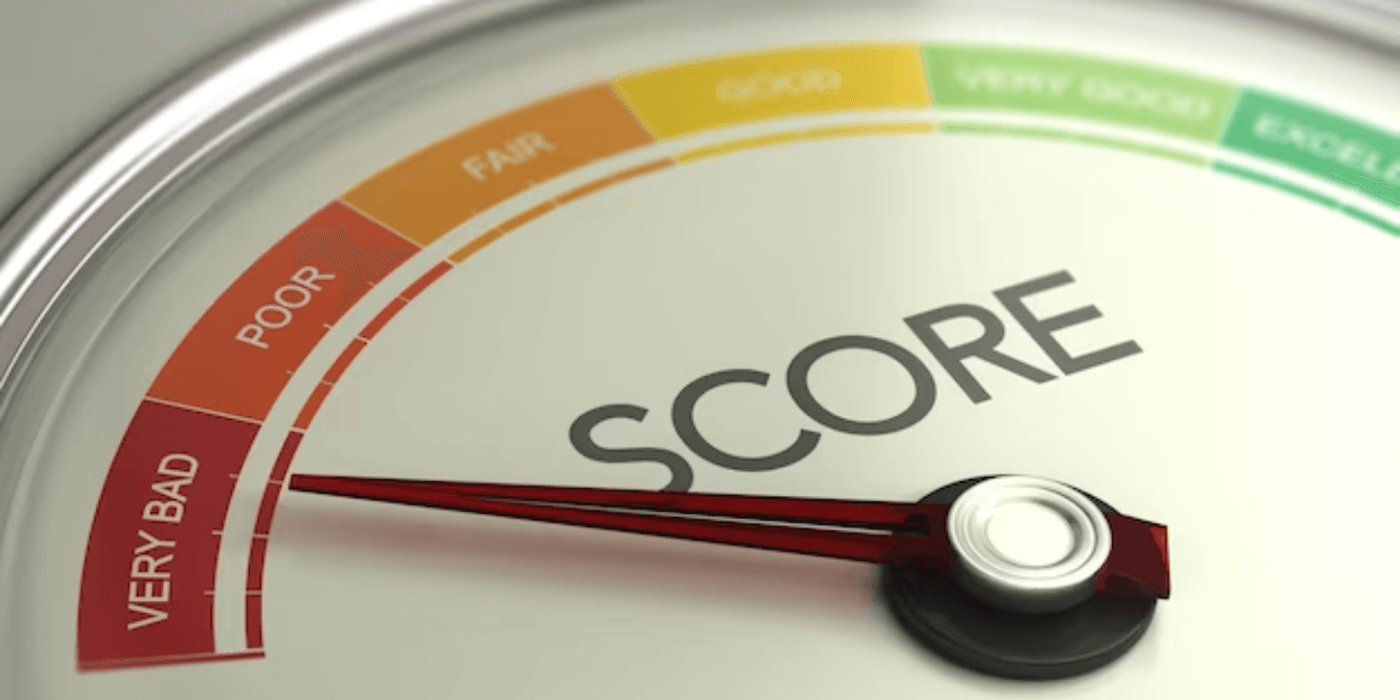How Long Does It Take to Get A Better Credit Score? A Comprehensive Guide

Introduction
Having a good credit score is crucial for your financial well-being. It affects your ability to secure loans, obtain favourable interest rates, and even rent an apartment. But how long does it take to improve your credit score in Australia? This comprehensive guide will explore the timeline and strategies for building a better credit score.
Understanding the Credit Score Timeline
Improving your credit score is not an overnight process. It requires consistent, responsible credit behaviour over time. Several factors influence the timeline for noticeable improvements in your credit score.
One important factor is the length of your credit history. Building a positive credit history takes time, especially starting from scratch. Lenders like to see a track record of responsible borrowing and repayment.
Another factor is negative information on your credit report, such as missed payments or defaults. It takes time to repair the damage caused by these negative marks. The longer you go without any further negative incidents, the more your credit score will improve.
Additionally, the type and extent of the negative information on your credit report will affect the timeline. Some negative marks, like late payments, may have a lesser impact on your credit score as time passes. However, more severe incidents, such as bankruptcy or foreclosure, can have a longer-lasting impact.
How Long Does It Take to Build a Credit Score in Australia?

In Australia, credit scores are based on information provided by credit reporting bodies (CRBs). These bodies collect data from credit providers and maintain credit reports for individuals. Building a credit score from scratch typically takes several months to a year.
The first step is to establish a credit history. You can start by opening a basic bank account, as it shows you have a relationship with a financial institution. You can also consider applying for a small or store credit card with a low credit limit. When managed responsibly, these credit accounts will help you build a positive credit history.
It is important to make all your payments on time and in full. Timely payments demonstrate your ability to manage credit responsibly and can contribute to a positive credit score. Remember, even utility bills and mobile phone contracts can be considered in your credit history.
Furthermore, avoid applying for multiple credit accounts within a short period. Multiple applications can be seen as a red flag and may harm your credit score. Instead, be patient and focus on maintaining a positive credit history with your existing accounts.
How Can I Improve My Credit Score in 30 Days in Australia?
While significant credit score improvements within 30 days are unlikely, there are still steps you can take to positively impact your score in a short timeframe. Here are some strategies:
Pay bills on time

Late payments can significantly harm your credit score. To improve your credit score, ensure you pay all your bills on time, including credit card bills, loan repayments, and utility bills. Consider setting up automatic payments or reminders to help you stay on track.
Reduce credit utilisation
Credit utilisation refers to the percentage of your available credit that you are currently using. Aim to keep your credit utilisation below 30%. If your credit card balances are high, consider paying them down or spreading them across multiple cards to reduce the overall utilisation ratio.
Correct errors on your credit report
Regularly review your credit report for any errors or inaccuracies. If you identify any discrepancies, such as accounts that don't belong to you or incorrect payment statuses, dispute them with the credit reporting body. Correcting errors can positively impact your credit score.
Limit new credit applications
Avoid applying for new credit accounts unless necessary. Each credit application leaves a footprint on your credit report, and multiple applications within a short period can be viewed negatively. Focus on managing your existing credit accounts responsibly to improve your credit score.
Long-Term Strategies for Improving Credit Score
While short-term strategies can provide immediate improvements, a sustained effort is required to achieve a significantly better credit score. Here are some long-term strategies to consider:
Pay bills consistently and on time

Consistent, on-time bill payments are one of the most critical factors in improving your credit score. Set up automatic payments or reminders to ensure you never miss a due date. Your payment history plays a significant role in your credit score calculation.
Reduce debt and credit utilisation
Lowering your overall debt and maintaining a low credit utilisation ratio is crucial for improving your credit score. Create a realistic budget and prioritise paying off debts. Consider debt consolidation or negotiating with creditors for more manageable repayment terms.
Maintain a healthy mix of credit accounts
Having a mix of credit accounts, such as credit cards, personal loans, and mortgages, can positively impact your credit score. It demonstrates your ability to handle different types of credit responsibly. However, be cautious not to open new accounts solely to diversify your credit mix.
Regularly review credit reports for errors
Monitor your credit reports regularly to identify any errors or discrepancies. Under Australian law, you are entitled to one free annual credit report from each credit reporting body. Reviewing your reports can help you identify areas for improvement and ensure the information is accurate.
Professional Advice for Credit Score Improvement
While the information in this guide can help you understand the credit score improvement process, seeking professional advice is crucial. A credit finance professional can provide personalised strategies based on your specific circumstances. They can analyse your credit report, offer guidance, and help you develop a tailored plan to improve your credit score effectively.
Frequently Asked Questions

How often should I check my credit score?
It is advisable to check your credit score regularly, especially before making significant financial decisions, such as applying for a loan or a mortgage. Monitoring your credit score can help you identify any sudden changes or errors in your credit report.
Can I improve my credit score if I have a history of bad credit?
Yes, it is possible to improve your credit score even if you have a history of bad credit. You can gradually rebuild your creditworthiness by adopting responsible credit behaviours, such as paying bills on time and reducing debt.
Will closing a credit card improve my credit score?

Closing a credit card account can impact your credit score, particularly if it is one of your oldest accounts or has a high credit limit. Closing accounts can shorten your credit history and increase your credit utilisation ratio. Before closing a credit card, consider the potential impact on your credit score and make an informed decision.
Conclusion
Improving your credit score is a journey that requires time, discipline, and responsible credit management. While achieving a significantly better credit score may take several months or even years, the effort is worthwhile. By understanding the credit score timeline and implementing the strategies outlined in this guide, you can gradually build a strong credit history and improve your financial well-being. Remember to be patient, stay consistent, and seek professional advice when needed. Your credit score can be improved, and with it, your financial opportunities.
Driva offers a wide range of personal loans, allowing you to compare options from our extensive network of 30+ lenders and find the perfect loan that suits your needs. The best part? You can trust Driva to help you find your loan match without negatively impacting your credit score. We prioritise transparency, ensuring you have clear information about rates and fees. Driva makes your loan search easy, reliable, and transparent.


.png)







